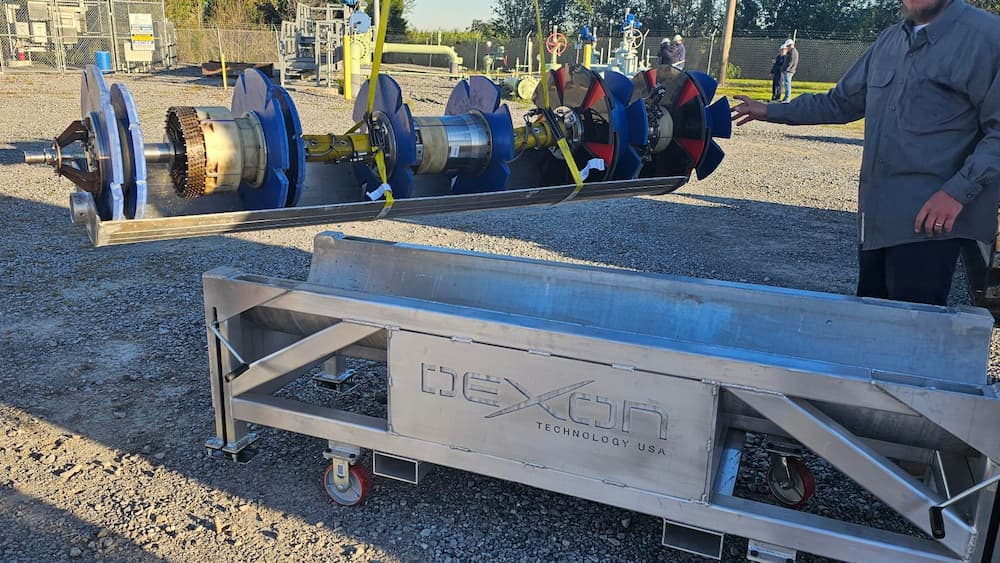Dexon USA has just wrapped up the inspection of a 49 km multi-diameter, crude oil pipeline.
The challenge this time: navigating a leap from 16-inches to 20.
The Multi-Diameter Challenge
Most multi-diameter pipelines involve a modest 2-inch step and a single transition. This one required a jump twice as large—and carried with it even more risks.
Here is why these jobs are so tricky:
Stuck Pigs: Large diameter changes can cause too much friction (see: stuck pig) or too little (see: low sealing pressure and a stuck pig). A stuck pig results in a costly rescue operation nobody wants.
Off-Center or Shaky Tools: A bad transition can cause a guiding disk (used to center the tool) to drag or be unevenly placed. Either error can distort the data and render it unusable.
Dexon’s Custom Solution
Using a tool off-the-shelf was out of the question, so we did what we do best: innovate.
Dexon engineers designed custom guiding & sealing disks to flex between transitions while keeping the tool centered and stable.
We ran the setup through a dozen trial runs in our multi-diameter test loop—complete with simulated defects—to verify precision and reliability under stress.
The final result: a smooth run with full coverage, accurate data, and a not-stuck pig.
Why It Matters
This latest job proves Dexon US, a subsidiary of Dexon Technology, can solve complex integrity challenges through determination, rigorous testing, and creative engineering.
Have a pipeline others say is unpiggable?
Let us take a look. We have tools and teams dedicated to making the unpiggable piggable.

 Dexon Technology
Dexon Technology